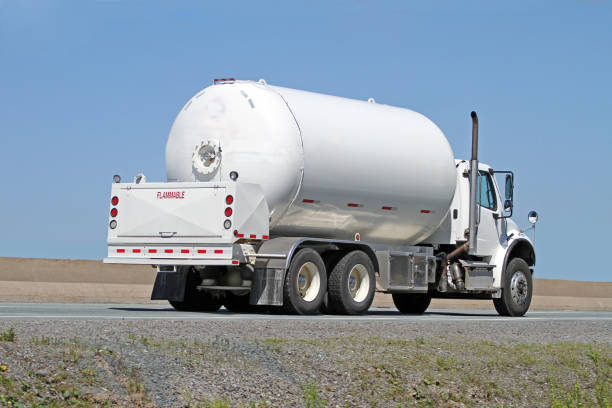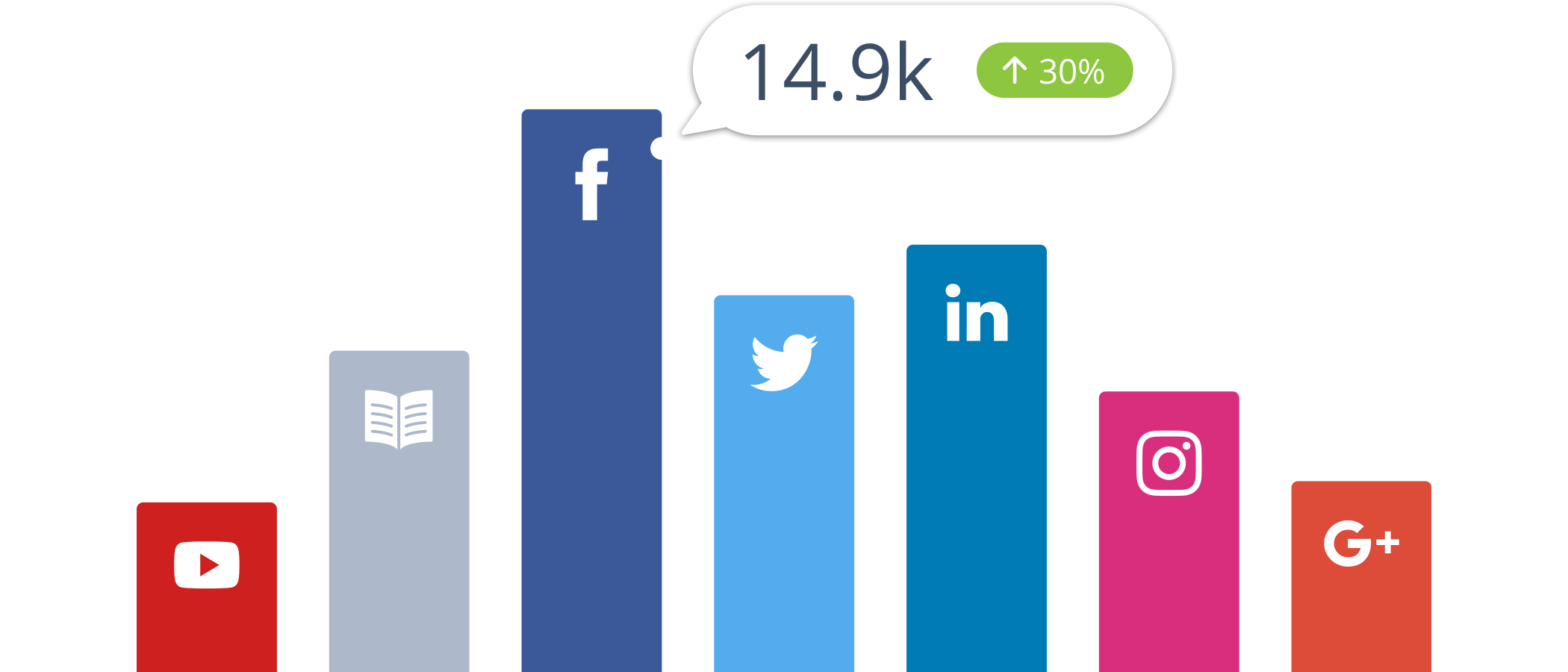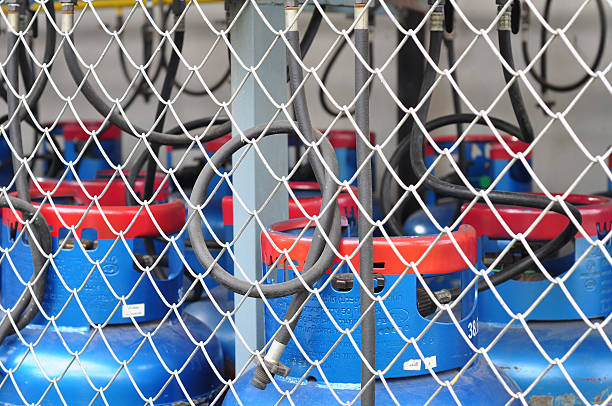Digital Marketing’s Effect on Propane Delivery
The influence of digital marketing on propane delivery services is significant, transforming how companies connect with customers and conduct business. This guide explores the nuances of this impact. Digital marketing can provide these invaluable benefits for propane companies: 1. Enhanced Visibility Digital marketing elevates a company’s online presence, making it easier for potential customers to… Continue reading Digital Marketing’s Effect on Propane Delivery




